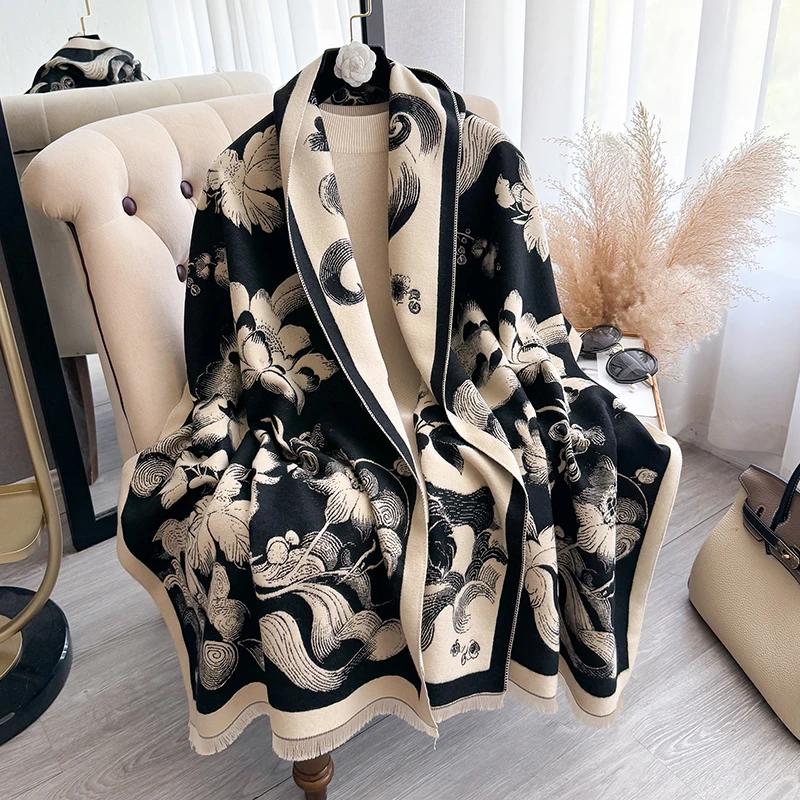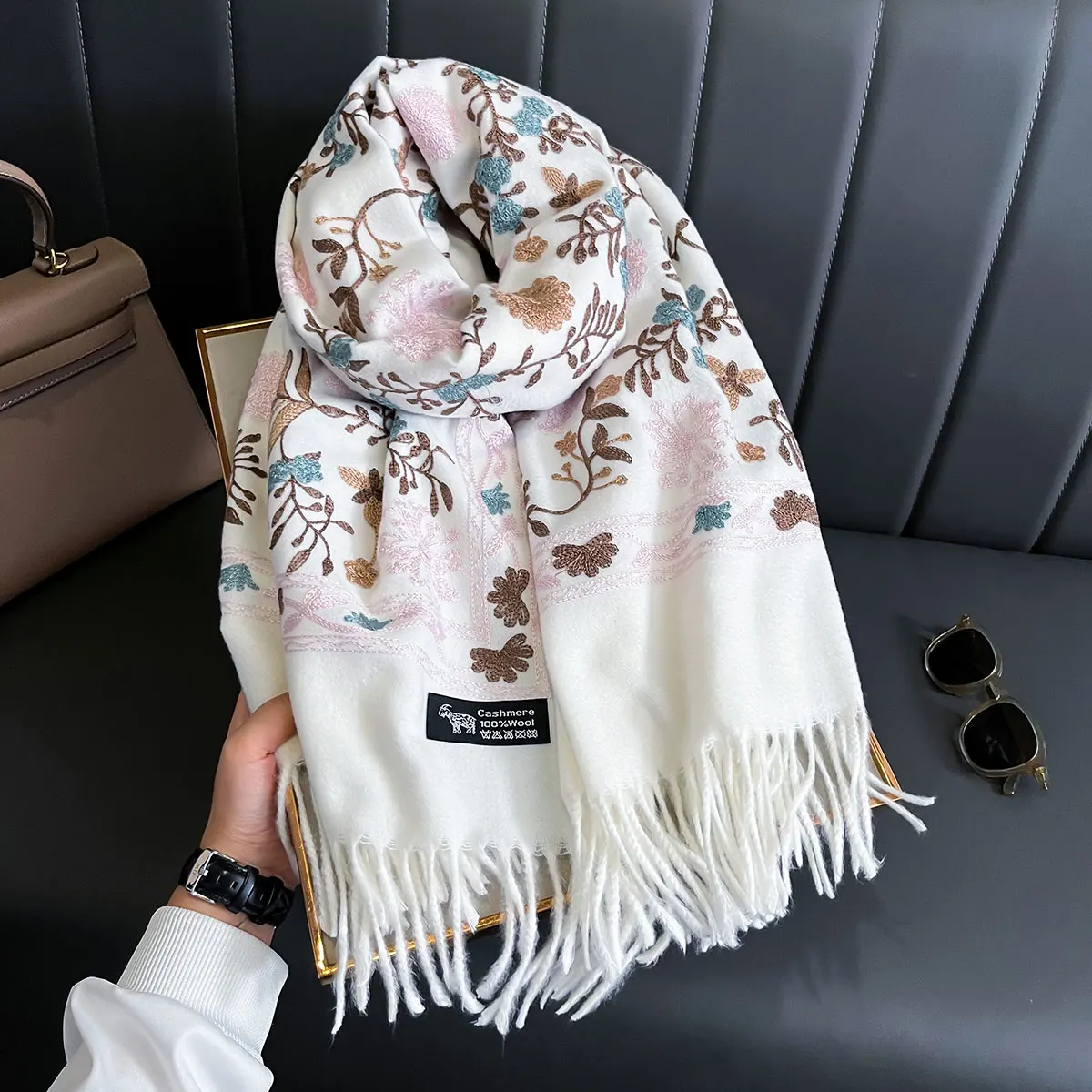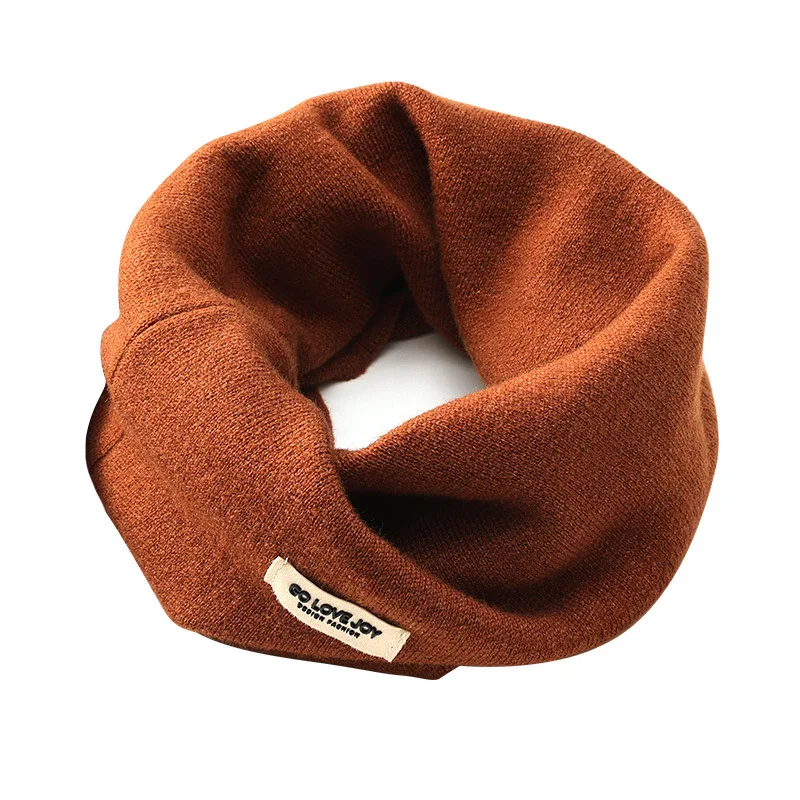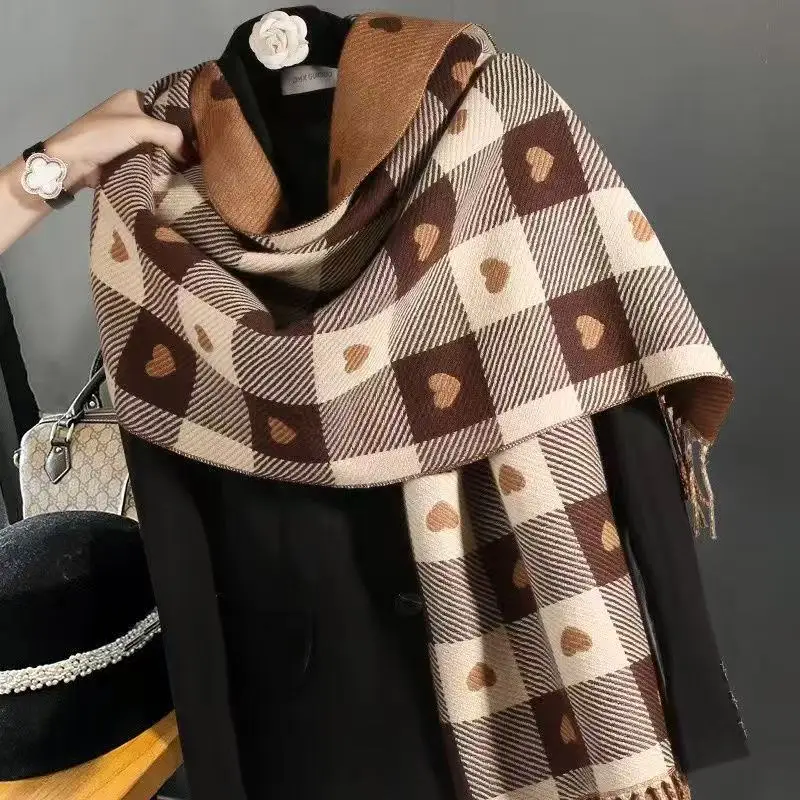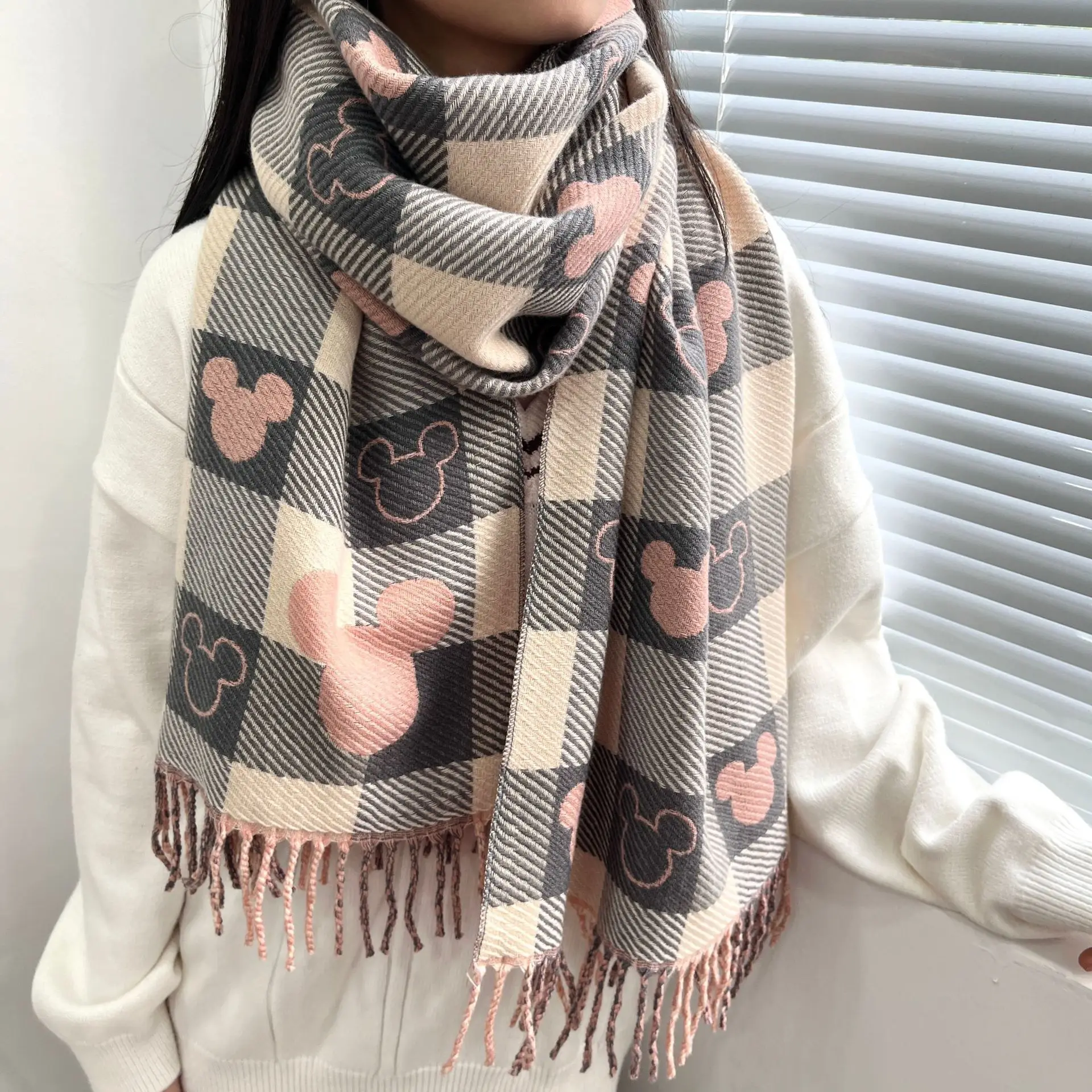A brief overview
In June 2024, Fashion Nova, a prominent player in the fast fashion industry, launched a campaign aimed at celebrating body positivity for larger sizes. Despite its seemingly inclusive intent, the initiative quickly faced significant backlash for its perceived lack of genuine diversity. The campaign featured models ranging from sizes XS to XL, but critics pointed out that all the models shared a similar hourglass figure with flat stomachs, failing to truly represent a broader range of body types.
הצגת פוסט זה באינסטגרם
Public Backlash Against Fashion Nova’s Campaign
Social media users were quick to express their dissatisfaction. Instagram comments highlighted the issue, with one user sarcastically asking, “Is body positivity still in the room with us?” Another remarked cynically, “Wow. Body positivity, but only if everyone has the same body type.” These comments underscored the sentiment that the campaign fell short of authentically embracing the diverse bodies it claimed to celebrate.
A Broader Issue in the Fashion Industry
The controversy surrounding Fashion Nova’s campaign is not an isolated incident; it points to a larger challenge within the fashion industry. While there has been a growing movement toward inclusivity, many brands struggle to authentically represent diverse body types.
The average clothing size for women in the U.S. is around size 14, yet mainstream fashion campaigns often fail to reflect this reality. Fashion Nova has faced criticism for its approach to body positivity before. In 2022, the brand was fined $4.2 million by the Federal Trade Commission for allegedly suppressing negative customer reviews, raising questions about its commitment to transparency and genuine customer engagement. That concern only deepened following the continued lack of plus-size representation on Spring/Summer 2025 runways, highlighting how industry promises still fall short.
The Importance of Authenticity in Representation
This event highlights the complexities and challenges brands face when promoting inclusivity and diversity. Inauthentic efforts can lead to PR missteps and erode consumer trust. As the fashion industry continues to evolve, there is an urgent need for brands to truly embrace the diverse realities of their customer base.
The backlash against Fashion Nova’s campaign serves as a reminder that authenticity is paramount. Consumers are becoming increasingly discerning and demand that brands not only promote inclusivity but also embody it in their practices and representations. For the fashion industry to progress, it must commit to genuine diversity and ensure that all body types are given the respect and representation they deserve.










